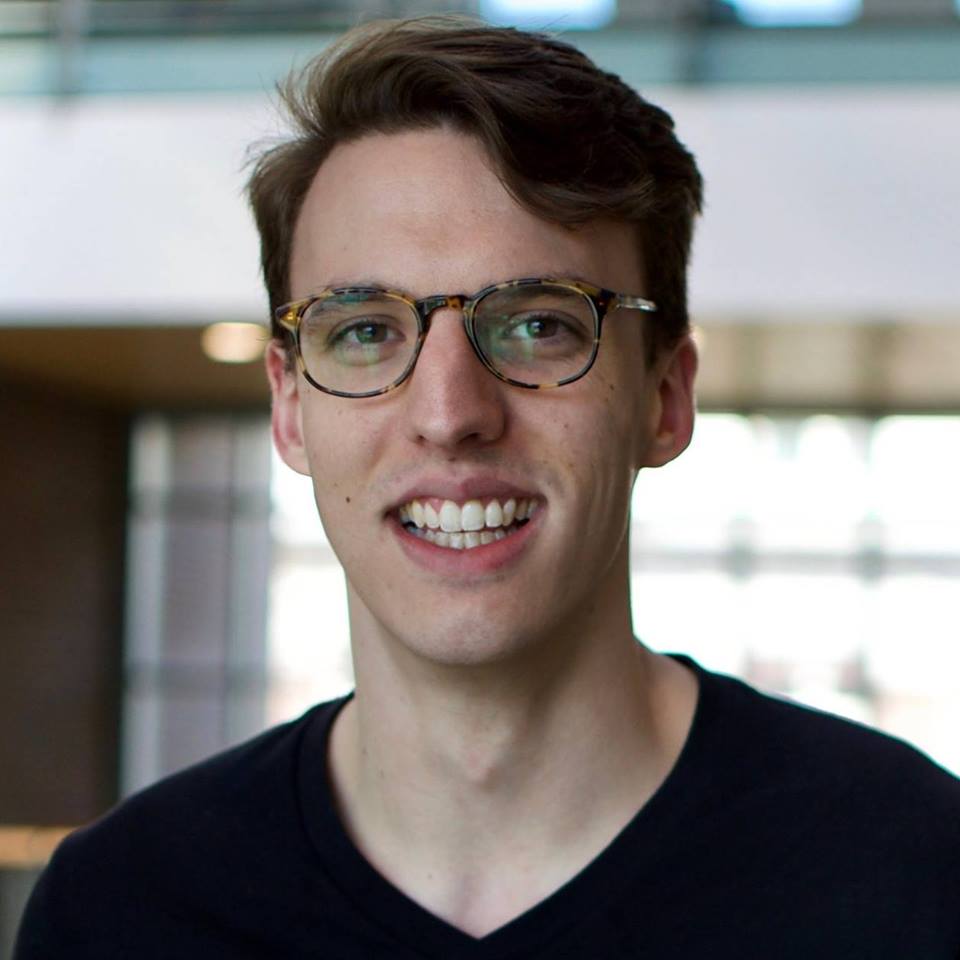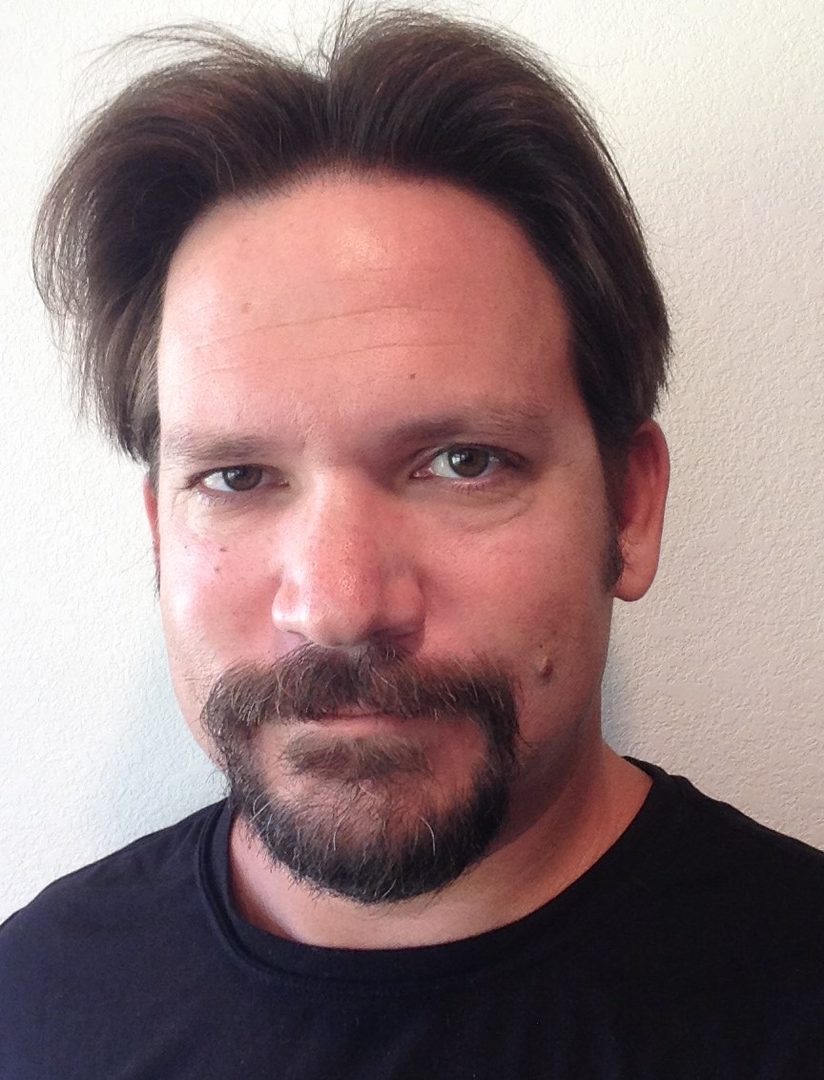Tutors & Participants / OCNC2018
Tutors / About yourself & Message
Joe Graham(State University of New York, USA)
I work for Bill Lytton in his Neurosim Lab (http://www.neurosimlab.com/), where I am developing single-cell and network models of prefrontal cortex in order to explore the effects of dendritic plateaus on cellular and network behavior. In my spare time, I analyze and generate neuronal morphologies and ponder the origin of nervous systems.
Currently I use NEURON with Python to run single-cell and network simulations via NetPyNE -- a Python package to facilitate the development, parallel simulation and analysis of biological neuronal networks using the NEURON simulator (http://www.neurosimlab.com/netpyne/)
I have used Python and MATLAB extensively to analyze and generate neuronal morphologies.
[Link]
Carlos Enrique Gutierrez (OIST)
This is Carlos, postdoc at Doya Unit in OIST. Welcome to Okinawa !!.
I have been in Japan around 10 years, I did data mining in my MSc. and machine learning during my Ph.D. In Doya lab, I am working on mean field models, spiking network models, large scale neural simulations, image processing, artificial NN, MRI fiber tractography and optimization.
Looking forward to see you all in Okinawa!

Espen Hagen (University of Oslo, Norway)
I am at present a PostDoc at CINPLA.ORG in Oslo, Norway. I have been involved in several modeling projects relating neuronal activity to extracellular potentials in neural tissue (e.g., spikes and local field potentials). One key component of these studies is multicompartment models combined with an electrostatic forward model. For this purpose, I’m involved in the development of LFPy (LFPy.github.io), a tool for computing such extracellular potentials, EEG and MEG signals in Python. One goal of such modeling efforts is aiding the interpretation of these nontrivial signals measured in the brain.
I am a regular user of point neuron network models, multicompartment neuron models, electrostatic forward models and high-performance computing (HPC) facilities. I will be this year’s NEST (nest-simulator.org) tutor. Looking forward to see all of you in Okinawa!
Expertise: I am a regular user of point neuron network models, multicompartment neuron models, electrostatic forward models and high-performance computing (HPC) facilities.
Software/tools: NEST, NEURON, Python, SciPy stack, LFPy, iCSD, MPI, HPC facilities, Git

Sungho Hong (OIST)
I am a researcher in the Erik De Schutter's lab at OIST, and so I live and work in Okinawa. I am generally interested in things in the domain of biophysics/cellular physiology, and have been trying to understand how they contribute to what is happening in the higher level such as neural networks and so on. I look forward to meeting you all soon!
I have expertise in detailed modeling of neurons with ion channels and intracellular ion dynamics, mainly in the NEURON platform. I also have some experience in developing data analysis techniques by using various statistical modeling frameworks such as LN model, compressive sensing, spectral clustering, and so on. The brain region that I am mostly familiar with is the cerebellar cortex. About computational tools, I write my simulations mostly in NEURON, and do my data analysis in Python and Matlab.
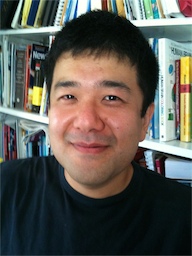
Florence Kleberg (Frankfurt Institute for Advanced Studies, Germany)
Hello! I am Florence, nice to meet you.
Here is a little bit about myself: After my studies in Biology I did a master in psychophysics. I went on to do EEG experiments and study episodic memory in humans in the lab of Yoko Yamaguchi, collaborating with Tokyo University. After my PhD I moved to modelling, working on Spike-Timing Dependent Plasticity in single spiking neuron models, in the lab of Tomoki Fukai. I then moved to the lab of Jochen Triesch, to study plasticity in networks of spiking neurons. I really enjoy working with models and trying to understand various forms of synaptic plasticity. In particular, I am interested in the interplay between Hebbian-like types of plasticity and homeostasis, and how networks of neurons can process information while maintaining their optimal states of operating, in terms of synaptic strengths and firing rates for example. Also the functional aspects of different type of inhibitory interneurons in cortex and hippocampus is one of my areas of interest. Finally, I am also working on understanding epileptogenesis in the hippocampus (hippocampal sclerosis).
I am glad to be a tutor at the OCNC this year and I look forward to working with you!
Expertise: Spiking neural networks, plasticity, models of cortex and hippocampus.Python, Brian and Brian 2.
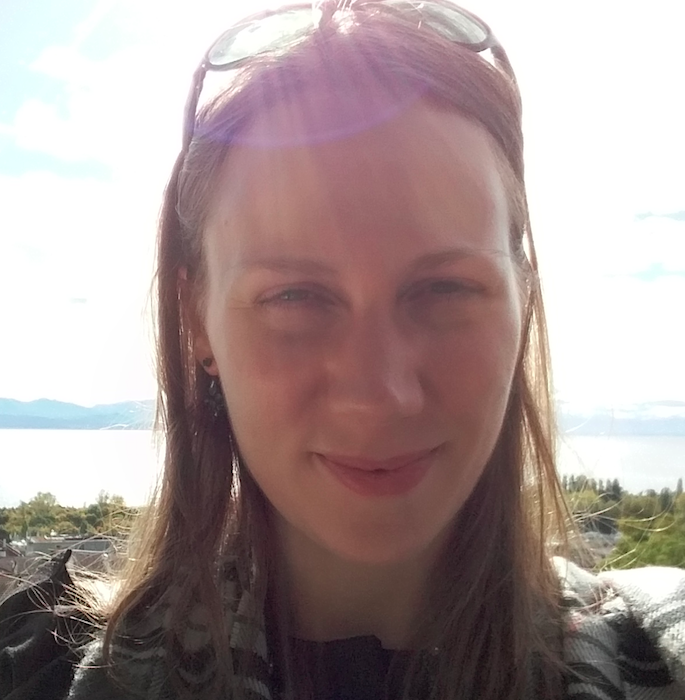
Merav Stern (University of Washington, Seattle, USA)
I grew up in a small town outside of Tel Aviv. My first tutor-like experience was in my teenage years as a figure skating instructor. Scientifically, I grew up at the Hebrew University, where I graduated with a Bachelor in Mathematics and Physics, Master in Theoretical Physics and PhD in Computational Neuroscience. I also saw the world, I took my classes for my Master in Amsterdam, where I lived for a year, and did part of my PhD research in Columbia university in NY where I lived for three years. Currently, I'm a Postdoc at the University of Washington in Seattle.
Expertise: In my work I improve our tools for understanding non linear neural network dynamics. Specifically, I explored mean field solutions of rate neural networks that include strong self coupled units and network with sub-groups of connectivity rules - a study which lead to new results in random matrix theory. I currently study networks with tight inhibition-excitation balance, a condition that leads to a highly correlated activity despite the random assigned connectivity. In addition I have constructed a model for the pirifom cortex which captures basic circuit properties and succeeds in explaining how concentration-dependent, temporal odor responses in the olfactory bulb are transformed into a concentration-invariant neuronal ensemble identity code in the piriform. I also developed models for the olivo-cerebellar loop. Currently, I study different aspects of learning, in both models and recordings. Specifically, I seek to identify brain areas that alter their activity during the course of learning a visually-guided behavioral task and characterize these changes.
[Link]
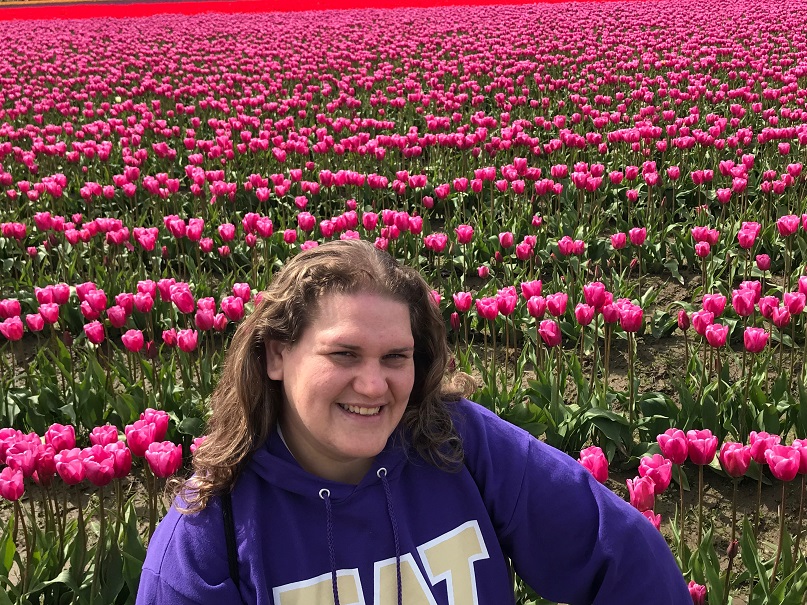
Marcel Stimberg (Institut de la Vision, Paris, France)
I am a research software engineer in the group of Romain Brette at the Institut de la Vision in Paris, France. My PhD and PostDoc was about computational modelling, more specifically about small-size networks in the visual and auditory system. In recent years, my focus has shifted somewhat away from modelling towards the development of (open-source) software tools for computational neuroscience and electrophysiology. Most importantly, I've been leading the development of Brian 2, your friendly simulator for spiking neural networks.
I am interested in both the technical aspects of computational modelling (how to simulate/analyse/visualize/... computational experiments), as well as in using modelling as a tool to investigate spike-based computation and plasticity in networks of neurons, especially in sensory systems.
Computational modelling of the early visual and auditory system; models of synaptic plasticity
Software: Brian, Python (numpy/matplotlib/etc.), general programming/tools (git, C/C++, Linux, ...), to a lesser extent: Matlab, NEURON, PyNN
http://www.computational-neuroscience-of-sensory-systems.org/people/marcel-stimberg/
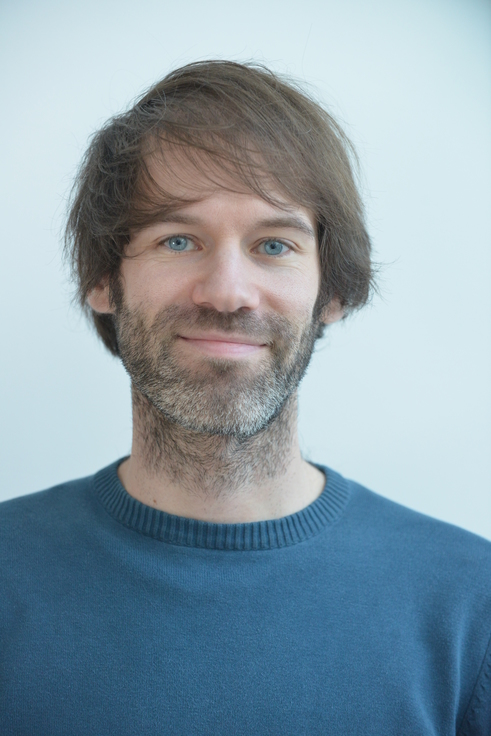
Hiromichi Tsukada (OIST)
I am a postdoc in Doya unit at OIST. My background is neural network modeling, dynamical system and communication engineering. I am interested in the information processing of nervous systems, especially the dynamical aspects of learning and memory. I am currently working on the whole brain network modeling based on MRI data of the common marmoset to understand the relationship between anatomical and functional networks in the brain. I am looking forward to seeing you in Okinawa.
Scientific expertise: Neural network model, recurrent network, neural oscillation, memory dynamics
Software expertise: Matlab
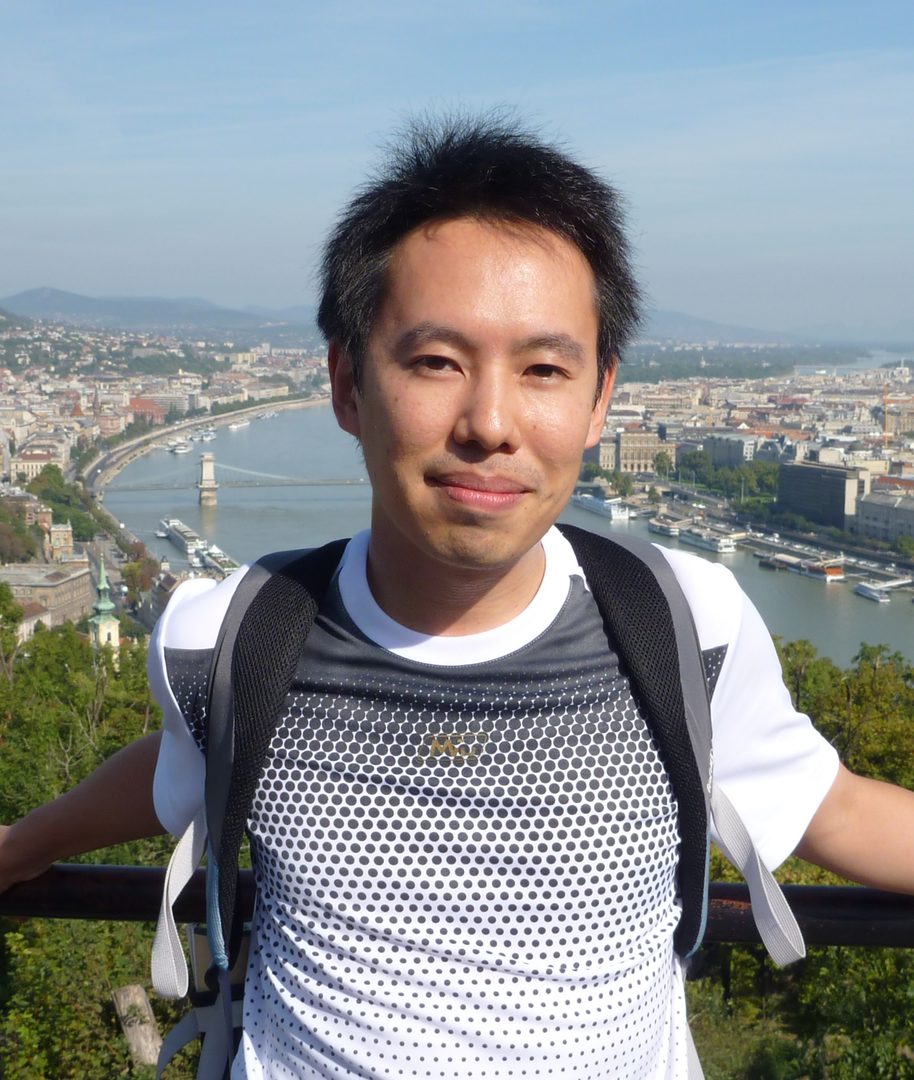
Participants / About yourself & Message
Grace Ang Wan Yu
Research Scientist, DSO National Laboratories
I am a research scientist in DSO National Laboratories, Singapore, currently working on computational models of human cognition and physiology. I previously did an MPhil project on learning and memory in hippocampus, which made me interested in how biological networks learn so efficiently and continuously, adapting to new contexts without forgetting past knowledge. At OCNC, I hope to learn how theories from reinforcement learning and Bayesian inference, and neural network models, can be used to investigate these questions.
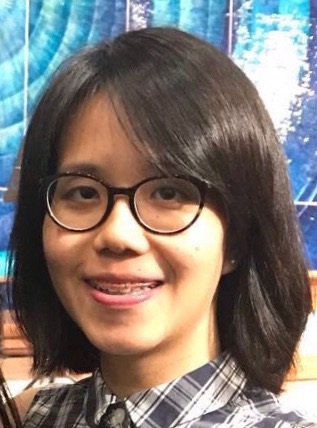
Chris Angeloni Anchor
PhD Candidate, University of Pennsylvania
I'm currently a PhD candidate in Psychology at the University of Pennsylvania, where I study auditory coding in Dr. Maria Geffen's lab. My primary interests lie in perceptual coding; understanding how efficient representations of the auditory world are constructed in the brain and how such representations are useful for perceptual behaviors. To study these questions, I use a combination of electrophysiology, optogenetics, and operant conditioning in the mouse model, but I am looking forward to building computational models to gain a better mechanistic understanding of the circuits underlying auditory percepts. When I'm not in the lab, you might find me building/riding bikes and/or brewing/drinking beer.
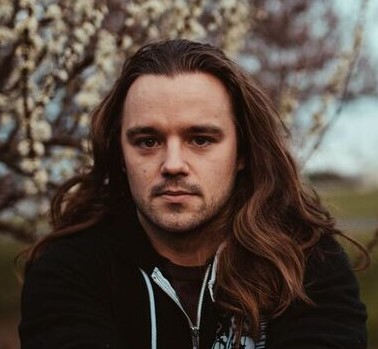
Chandan Kumar Behera
PhD student, University of Ulster
I'm a PhD student in the field of Computational Neuroscience, focusing especially in computational modelling of realistic neurons and the analysis of multichannel spike train and EEG data. At OCNC, I would like to expand my knowledge on the topics of neuromodulators (dopaminergic, serotonergic systems), plasticity, learning and applications of dynamical systems theory. My aim is to improve the methods of neuromodulation by expanding my knowledge in the areas of experimental neuroscience and incorporating new computational techniques.
[Link]
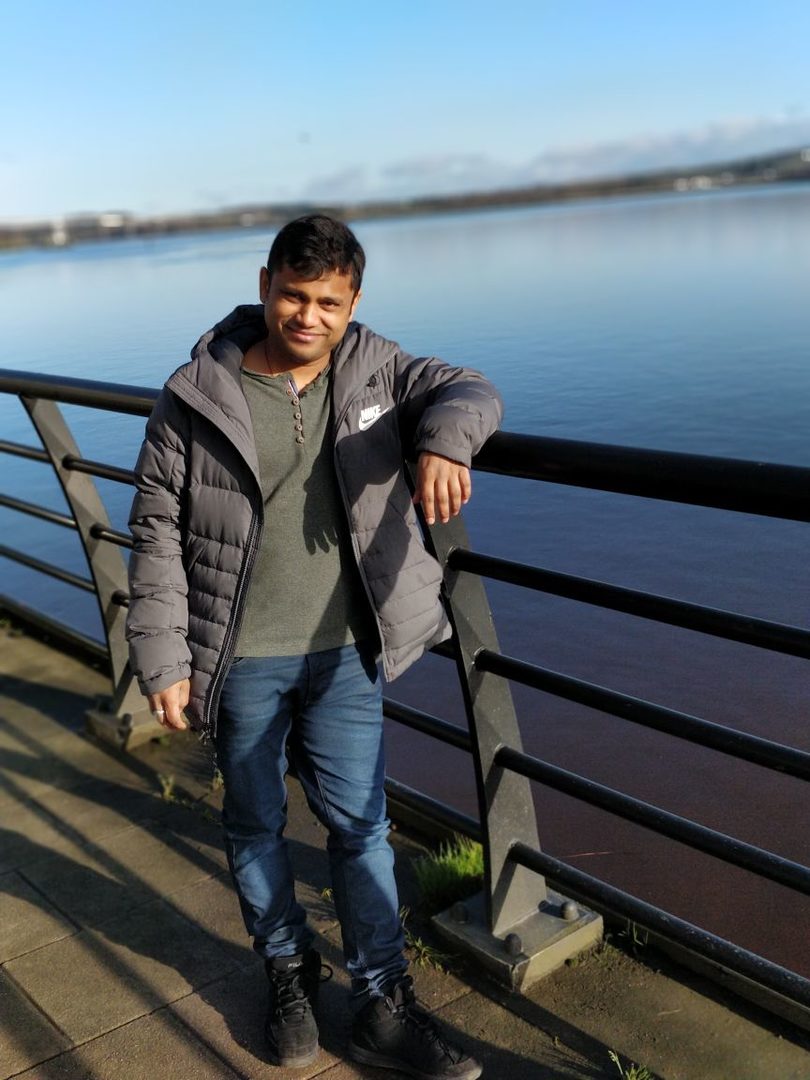
Caglar Cakan
PhD candidate, Bernstein Center for Computational Neuroscience, Technical University Berlin
I'm a PhD student at the Bernstein Center for Computational Neuroscience in Berlin. My background is in the field of theoretical Physics ranging from Dynamical Systems Theory to General Relativity. I believe that the two most interesting objects to study are the cosmos and the human brain. Interestingly, the analytical tools that mathematics provides us can be used to learn more about both. At night I am interested in digital art and the internet as a cultural space, machine learning in the age of information and its impact on society, and hacking all kinds of systems from microcontrollers to brains.
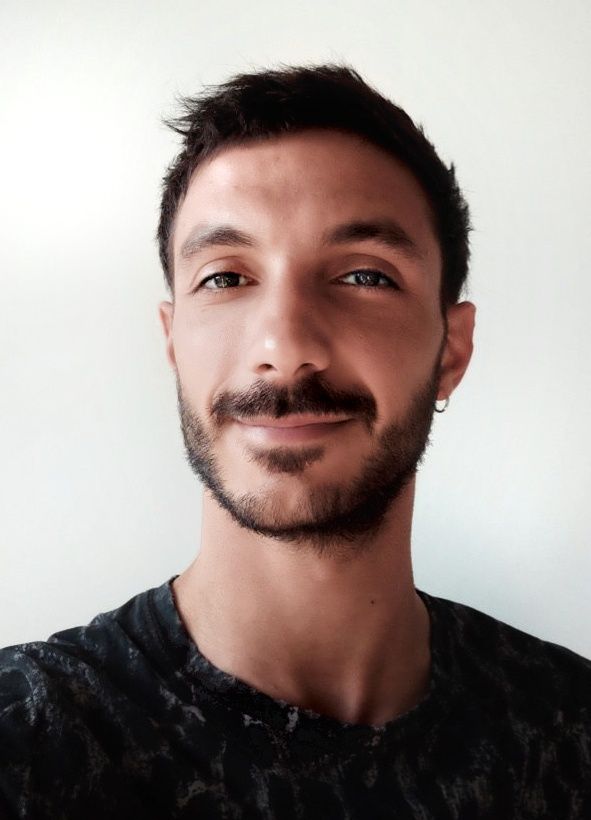
Aleksejs Fomins
Doctoral Student, University of Zurich
My name is Aleksejs. I am from Latvia, but currently live and work in Switzerland. I am a Theoretical Physicist by training. I have previously worked in Quantum Information Theory and later in Nanophotonics. For a year now I am working in the Laboratory for Neural Circuit Dynamics in the University of Zurich, under guidance of Prof. Fritjof Helmchen. The lab focuses, among others, on understanding pathways responsible for somatosensory integration and decision making in mice and rats. My interests include top-down and bottom-up simulations, data processing, neural coding, formation of memory and intelligence in general. For my OCNC project I would like to computationally study the relationship between microscopic and mesoscopic dynamics in the brain. Experimentalists frequently use statistical tools, such as Correlation, Granger Causality and Transfer Entropy to infer one from the other. I believe that our understanding of precise interpretation of such metrics can be improved. In my spare time, I sing in a choir, swim and go bouldering. I also enjoy dancing and martial arts, such as aikido. I like traveling and talking to open-minded people.

Valerio Francioni
PhD Student, The Center For Integrative Physiology
Hi, My name is Valerio Francioni and I'm an Italian PhD student working at The University of Edinburgh, under Nathalie Rochefort's supervision. I am a neuroscientist by training. I currently use advanced, in vivo two-photon calcium imaging techniques on the mouse visual cortex to investigate behavioral-state dependent dendritic computation of Layer V pyramidal neurons in awake and behaving animals.
At the OCNC I'd like to create a single cell model that could explain how spatially-targeted inhibition could alter the coupling between soma and dendrites.
I'm looking forward to meet you all in Okinawa.!!
[Link]
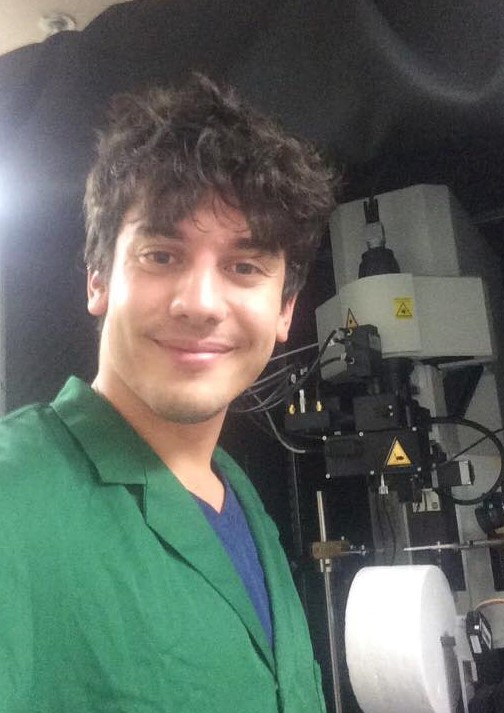
Inês Filipa Completo Guerreiro
Ph.D. student, École Normale Supérieure
I am a first year Ph.D. student working at the Group for Neural Theory, ENS (Paris, France). I am interested in studying from a mathematical and computational point of view how neurons in the brain coordinate their activity to give rise to higher functions. More specifically, I am interested in understanding and developing a mathematical description of the neural mechanisms - both on a cellular and on a circuitry level - underlying the generation of hippocampal theta oscillations. Outside of research, I love doing karate, hiking, and traveling.
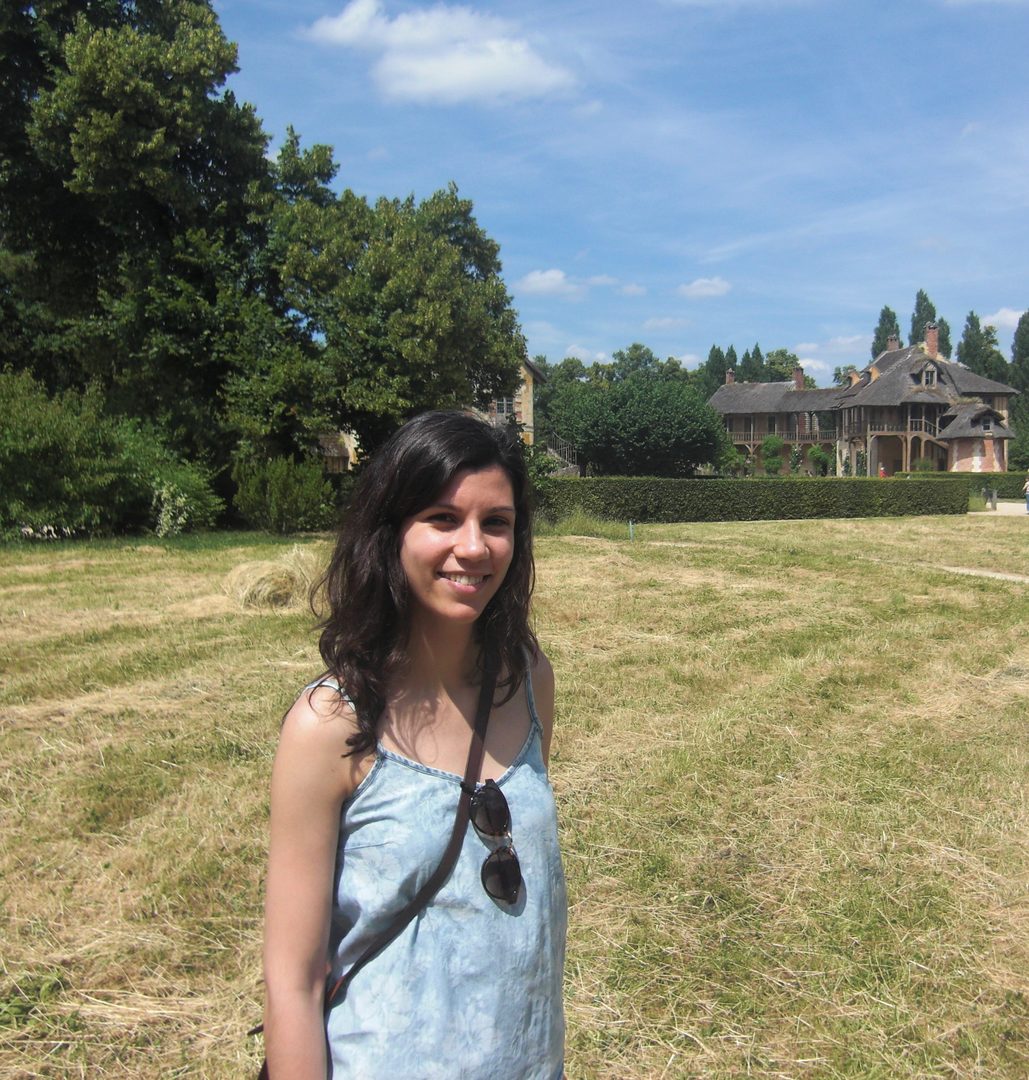
Darrell Haufler
Postdoctoral fellow, Rutgers University
I'm a postdoc in Denis Pare's experimental neurophysiology lab at Rutgers University. I record single-units and LFPs from components of the extended amygdala in awake behaving rats (and recently some comparable data from human epilepsy patients) and study how activity is coordinated across brain structures, during normal and pathological states. My current project characterizes a novel 3-way phase relationship seen in the LFP and outlines a simple mechanism through which this can occur. My previous research included computational modeling and analysis of single cells using techniques from dynamical systems theory.
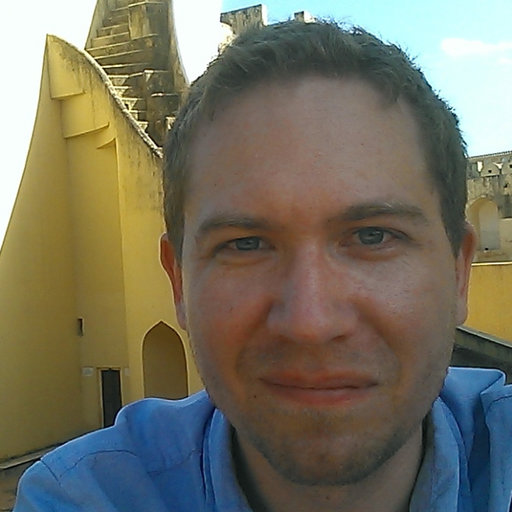
Katharina Heining
PhD student, Bernstein Center Freiburg / Institute for Microsystems Technology Freiburg
I am working on my doctoral thesis in Biology, trying to make sense of LFP-data from more or less happily behaving epileptic mice – which is great fun. So far, I classified epileptic activity according to severity and then analyzed what events of lower severity (stuff looking somewhat epileptic but not that evil) can tell us about susceptibility to seizures. I gathered a number of curious patterns and now would like to figure out how they come about and what they tell us about the epileptic network. On a larger scale, I collaborate with anatomists and engineers in a project developing a closed loop paradigm to control seizures – in mice. Also I am enthusiastically self-administering theta oscillations through running (and swimming, but this doesn’t quite feel like theta). Greetings from the Black Forest, Katharina
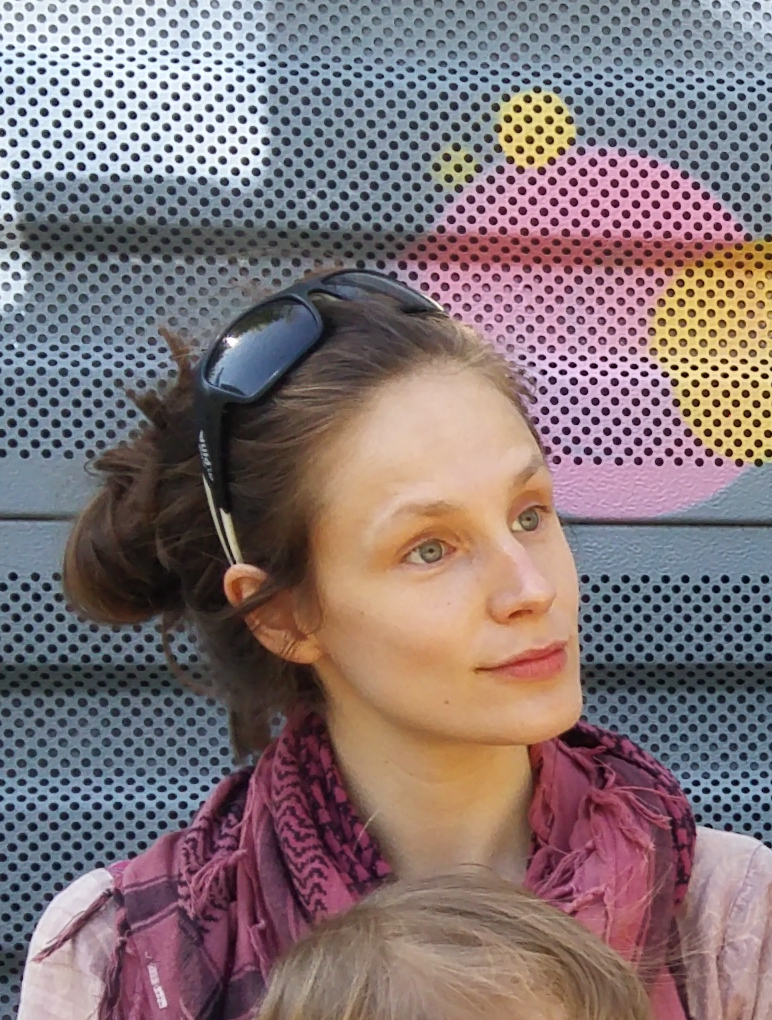
Cole Hurwitz
PhD, Unversity of Edinburgh
I am a first year PhD student at the University of Edinburgh. My research is on applying deep learning techniques to large-scale extracellular recordings and on the intersection of neural and neuronal networks under the supervision of Matthias Hennig.
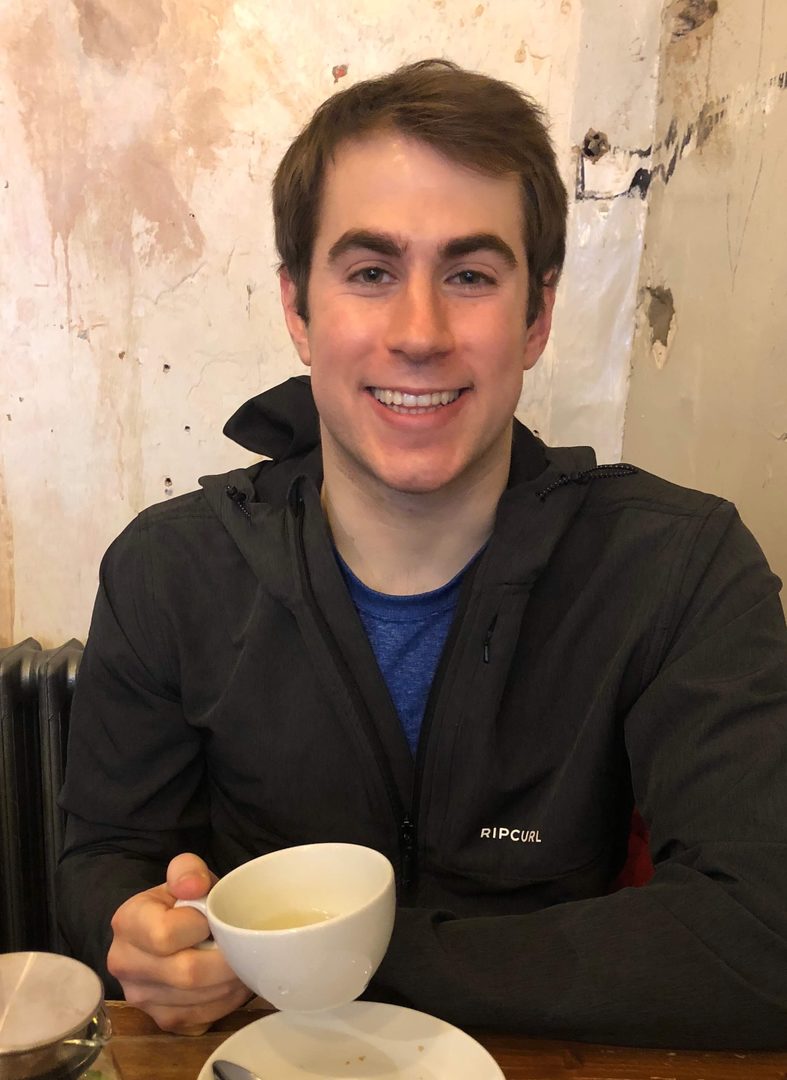
Hideyoshi Igata
PhD student, Graduate School of Pharmaceutical Sciences, The University of Tokyo
I am a PhD student at Yuji Ikegaya’s lab at the University of Tokyo, Japan. Currently I have enthusiasm for roles of hippocampal replay during learning. I’ve recorded multiunit activity from hippocampus during spatial learning task. At OCNC, I’d like to consider my behavioral and neural data from reinforcement learning perspective.
Fumiaki Kishino
PhD student, The University of Tokyo
I am a PhD student working on the development of the visual cortex. Our perception is strongly modulated by the context of external world. I would like to clarify the mechanism in terms of network development using 2-photon calcium imaging of mouse visual cortex. I have a background in medicine and psychiatry. I am looking forward to seeing you all at Okinawa.
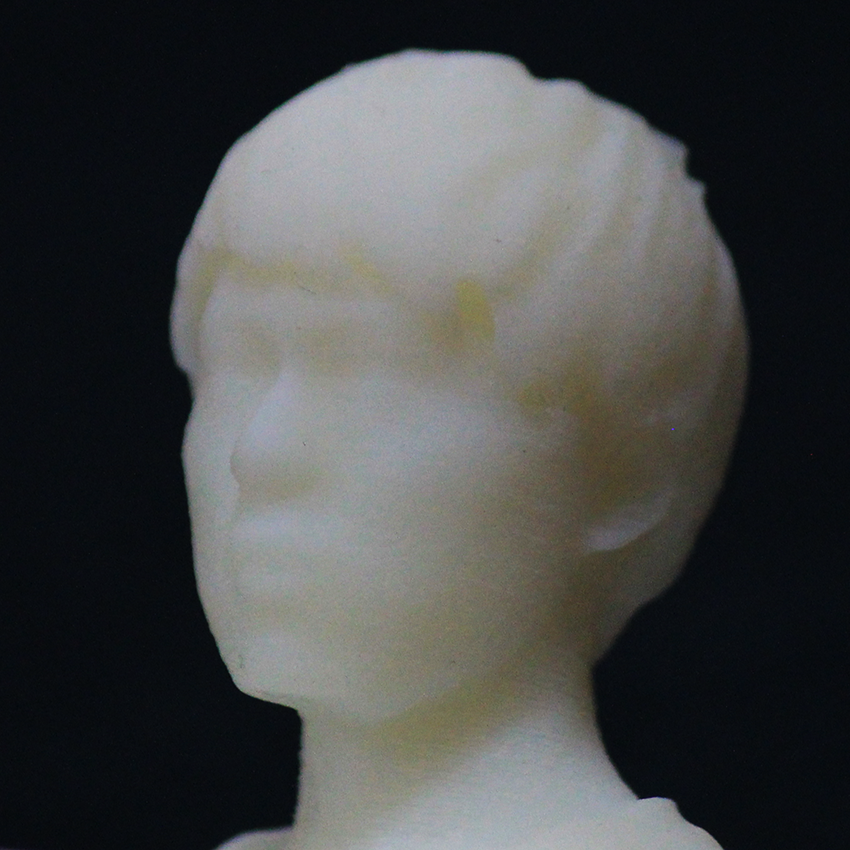
Didi Lamers
PhD student, Scuola Normale Superiore di Pisa, Italy
Hi Everyone, My name is Didi, I am from the Netherlands and am now doing my PhD in biophysics at the Scuola Normale Superiore in Pisa, Italy. My project focuses on unraveling the mechanisms of PCDH19 Limited Epilepsy, a disease characterized by epilepsy, intellectual disability, and autism spectrum disorder. However, I have noticed that I lack computational skills to perform certain projects that would move my research forward. My background is in molecular biology, and I did not have the chance yet to learn about computational neuroscience. I am therefore very excited about this course and expect it to help me not only with my current project, but also in my future career. I am looking forward to meeting you all in Okinawa!
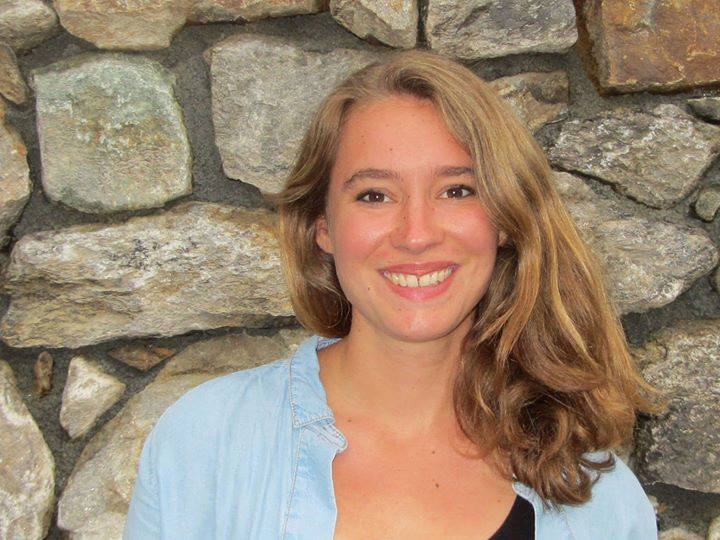
Yocheved Loewenstern
PhD Student, Gonda Multidisciplinary Brain Research Center at Bar-Ilan University, Ramat Gan, Israel
I am a PhD student at the Gonda Multidisciplinary Brain Research Center, Bar-Ilan University, Israel. My research interest is seeking a better understanding of neural encoding in the cortico-basal ganglia loop during movement control. More precisely, my main focus is on the implication of dopamine in normal behavior and how abnormal dopamine function can lead to pathological states. In my research, I combine neurophysiological recordings with optogenetic stimulation in behaving rodents and this course will be a great opportunity to strengthen my computational neuroscience skills. Looking forward to meeting you all in Okinawa!
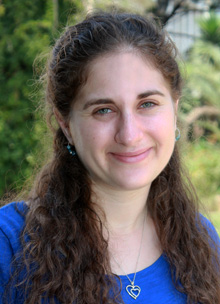
Anastasia Lyulina
Research Technician, Institute of Science and Technology Austria
Working in the laboratory of evolutionary genomics at IST Austria, I strive to understand how changes in genotype affect phenotype and how the information encoded in protein primary structure determines its evolutionary trajectory. My major project concerns mathematical description of multidimensional epistatic interactions, but I also investigate topological features of fitness landscapes and protein sequence space and employ concepts of population genetics to study protein evolution. Besides, I am interested in the role of randomness in biological processes and particularly in stochastic gene expression. In neuroscience, my interests revolve around neuronal signaling mechanisms, structure-dynamics relationships of neuronal networks, and information theory applications to neural data analysis. From genetics perspective, I am also intrigued by how genetic variation contributes to the diversity of neuronal morphology.
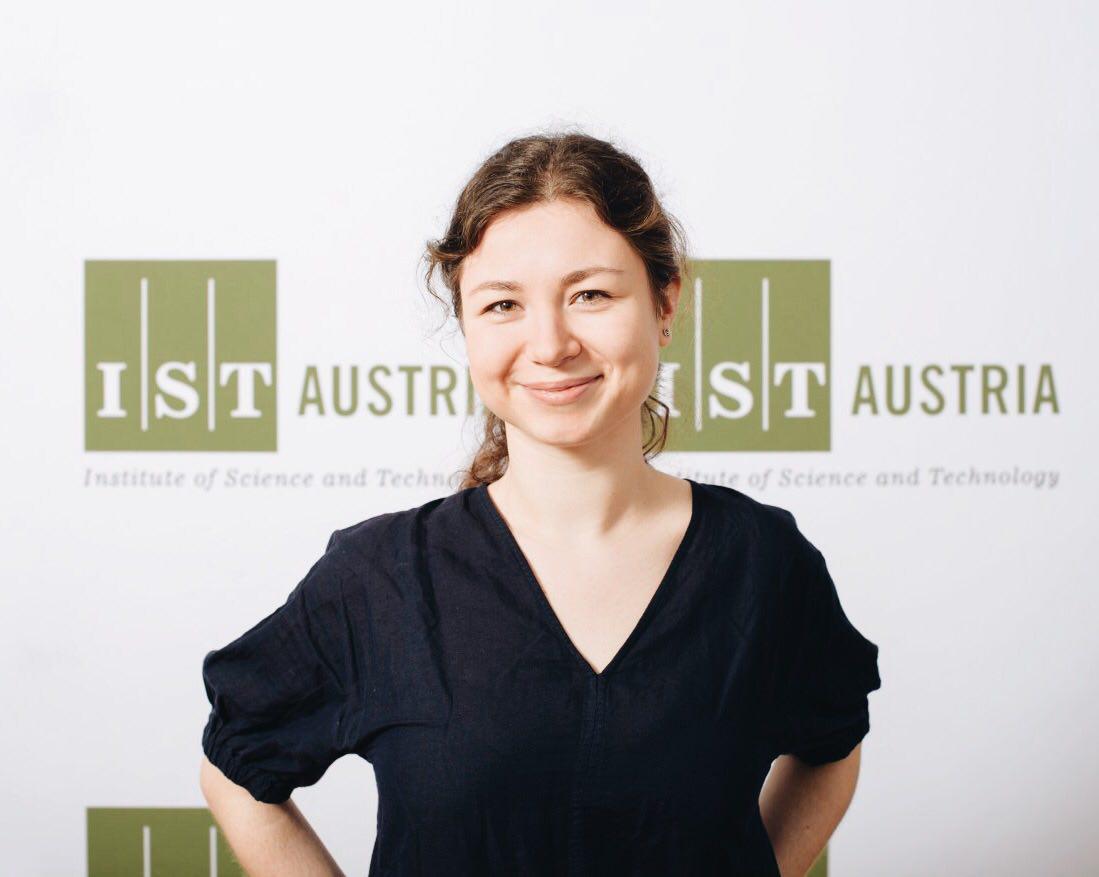
Gaurang Yashwant Mahajan
Indian Institute of Science Education and Research, Pune
I'm a postdoc at the Indian Institute of Science Education and Research, Pune. This has been my first proper stint in neuroscience, as I come from a background in physics (PhD) and bioinformatics (first postdoc). I'm using computational modeling to understand the contribution of intracellular (ER) calcium stores to calcium signaling and plasticity at hippocampal synapses.
Looking forward to a great learning experience and to meeting you all!
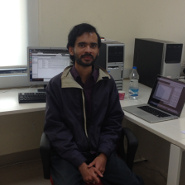
Mendes Alexandre
Postdoctoral fellows, Collège de France
I am a Postdoc in Laurent Venance lab in Center for Interdisciplinary Research in Biology (CIRB) at Collège de France (Paris, France). I am currently working on cortico-striatal and thalamo-striatal synaptic plasticity and their interplay through spike-timing-dependant plasticity paradigm. I measure, electrophysiologically, synaptic plasticity changes via ex vivo patch-clamp recording (whole-cell configuration). I am excited to improve my knowledge concerning neural network models in Okinawa Summer School. I am looking forward to meeting you in Okinawa.
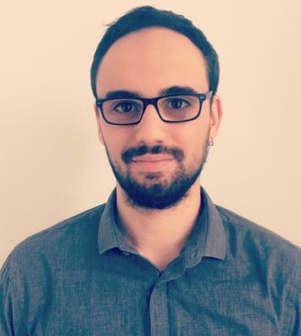
Morgan Newhoff
PhD Student, University of Minnesota
I am a 4th year PhD student in neuroscience at the University of Minnesota. My thesis research focuses on ultrasound neuromodulation.
Matthijs oude Lohuis
PhD Student, University of Amsterdam
Hi! I'm a PhD student at the University of Amsterdam working in the lab of Cyriel Pennartz.
My main interest is in how sensory processing occurs along stages of the cortical hierarchy. How do populations of neurons transform information from sensory to task-dependent representations and what is the role of feedback projections? I investigate these topics by large-scale multi-area recordings, behavior and optogenetic interventions.
Additionally, I work at the Dutch Brain Bank coordinating autopsies on human brain tissue and I like to be involved in public outreach on scientific work and interesting brain discoveries. It's both important and inspiring and I’d like to write popular scientific books and articles.
I'm very much looking forward to see you in Okinawa ;)
My formal training is in the neurobiological and cognitive sciences with both Bachelor and Master in neuroscience (see Transcripts). With a formal neurobiological background, my research experience has been in labs with intricate collaboration between computational and experimental approaches. In the lab of Zach Mainen at the Champalimaud Neuroscience Programme, Lisbon, I was working on modeling serotonergic modulation of behavior in probabilistic inference paradigms (see CV/Publications). Currently in the lab of Cyriel Pennartz at the University of Amsterdam I am working on the analysis of vast electrophysiological datasets with sophisticated behavioral modeling and neuronal population level analyses. In brief, my research has always been experimental at heart, with a strong emphasis on novel computational approaches to analyses.
Summary scientific expertise:
Behavior: 2AFC behavioral analyses
Brain areas: Visual cortex, Secondary visual areas, Parietal Cortex
Neuroscience topics: Extra-cellular recording
Software expertise: Matlab
[Link]
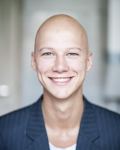
Silvia Pagliarini
PhD Student, Inria Bordeaux Sud-Ouest, Talence, France
I am a PhD student in Mnemosyne team (INRIA) at Universite de Bordeaux, France. I have a background in mathematics, then I moved into computational neuroscience. I started my PhD last November and I am working on the development of a model to describe the neural networks underlying learning in songbirds. I am interested in neural networks, neural modeling and dynamical systems. In my spare time I like to read, travel and socialize. Looking foward to meet you in Okinawa!
[Link]
Charlotte Piette
Master Student, Ecole Normale Supérieure (Paris)
I will start my PhD next september in Laurent Venance’s lab at Collège de France, Paris (« Dynamic and Pathophysiology of Neuronal Networks ») and in Jonathan Touboul’s team at Brandeis University, Waltham MA (« Mathematical Neuroscience team »).
I have a background in biology and graduated in neuroscience (Dual Master in Brain and Mind Sciences, co-directed by University College London and Ecole Normale Supérieure in Paris). During my master, I started working on different computational models of Parkinson’s disease and deep brain stimulation, focusing on the mechanisms driving excessive neuronal synchronization and hyperexcitability in the motor cortex. During my PhD, I will combine both experimental and theoretical approaches to explore and understand the activity patterns of striatal neurons during fast learning.
At OCNC, I would like to broaden my knowledge in computational neuroscience and develop new methods to link my experimental and theoretical work. I will also continue on building new models of Parkinson’s disease to study more specifically the role of striatal electrical synapses. I am looking forward to meeting and chatting with you all in Okinawa!
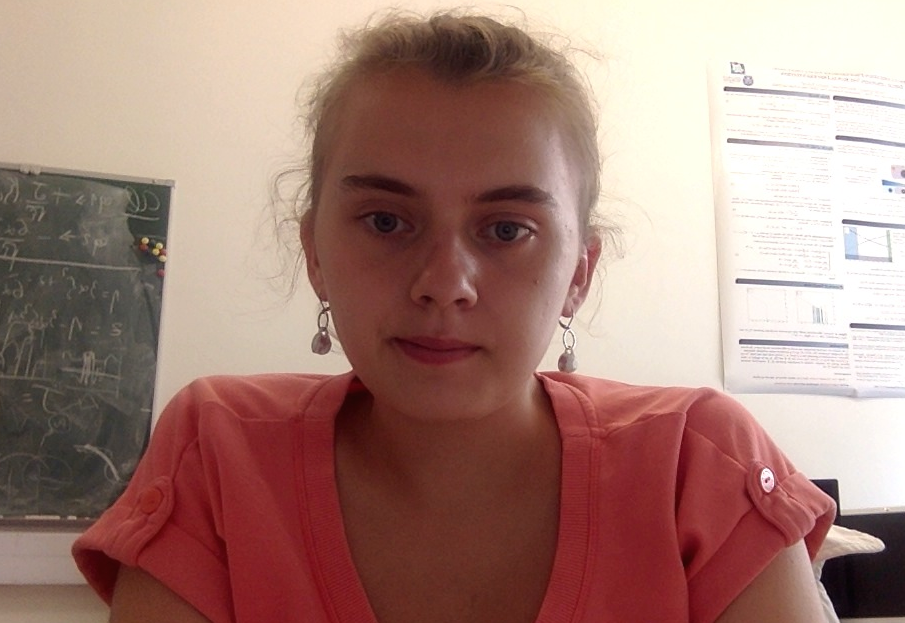
Ioannis Pisokas
PhD Student, University of Edinburgh
I am a PhD student at the University of Edinburgh working with Prof. Barbara Webb. My research is on the computational modeling of the Central Complex, a brain area present in all insects that is variously involved in navigational tasks. I focus on the computations provided by the Central Complex circuit that support path integration behaviors, the ability of an animal to return to its nest after a circuitous foraging trip. In my spare time I play the piano and go for hiking. I look forward to meeting you all in Okinawa!
[Link]
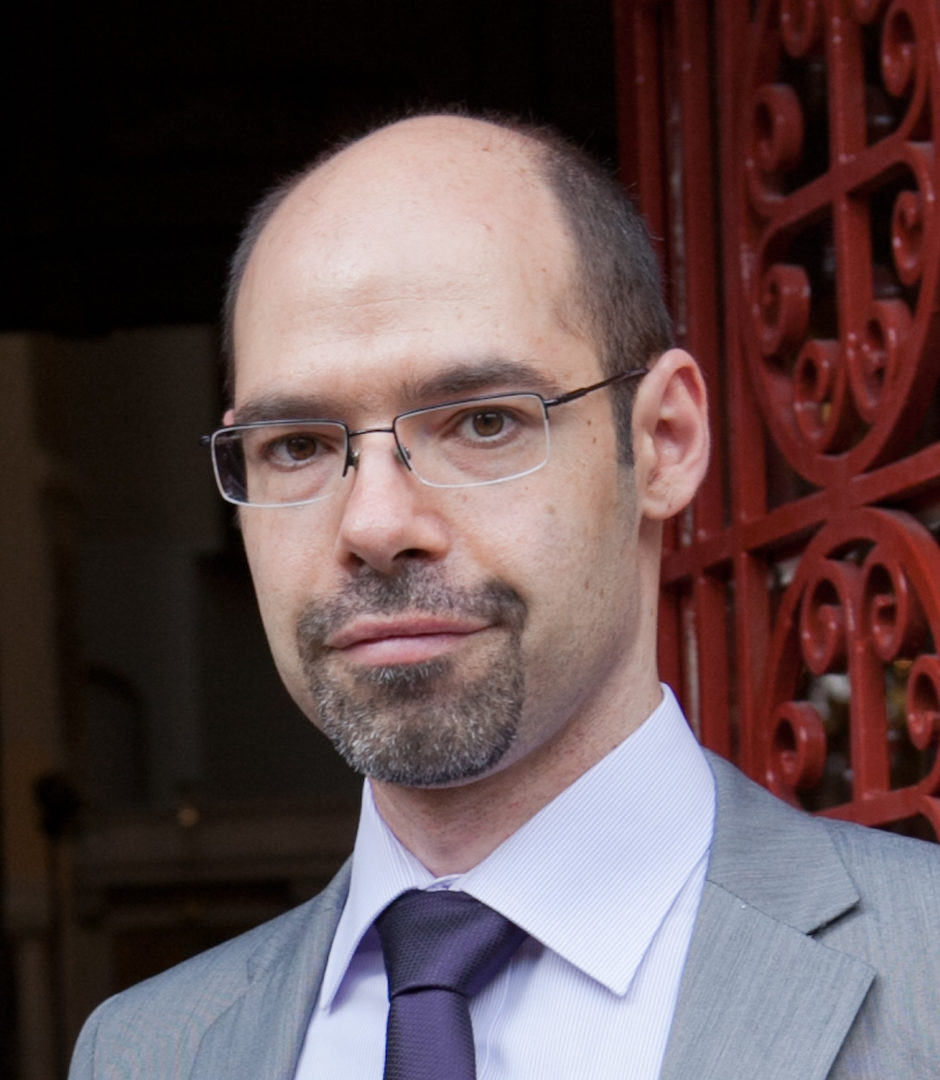
Hillary Rodgers
PhD student, Brandeis University
I am a PhD student in the neuroscience graduate program at Brandeis University, and I am working in the laboratory of Eve Marder. My project involves characterizing the effect of acute temperature perturbations on the function of a rhythmic motor circuit. One aim of my project is to analyze features of aberrant circuit activity during temperature perturbations. It is thought that these activity patterns, which vary greatly from animal to animal, may constitute a signature of the underlying system parameters. A long-term goal of this work is to determine whether or not circuit variability can be systematically reduced in an experience-dependent fashion (for example, after acclimation to warm temperatures). If so, this may suggest convergence to an "optimal" circuit solution under environmental pressure. I am eager to apply computational techniques to help interpret the physiological data I have collected, and hopefully make progress on some of my project goals. I look forward to working with you all in Okinawa!
[Link]
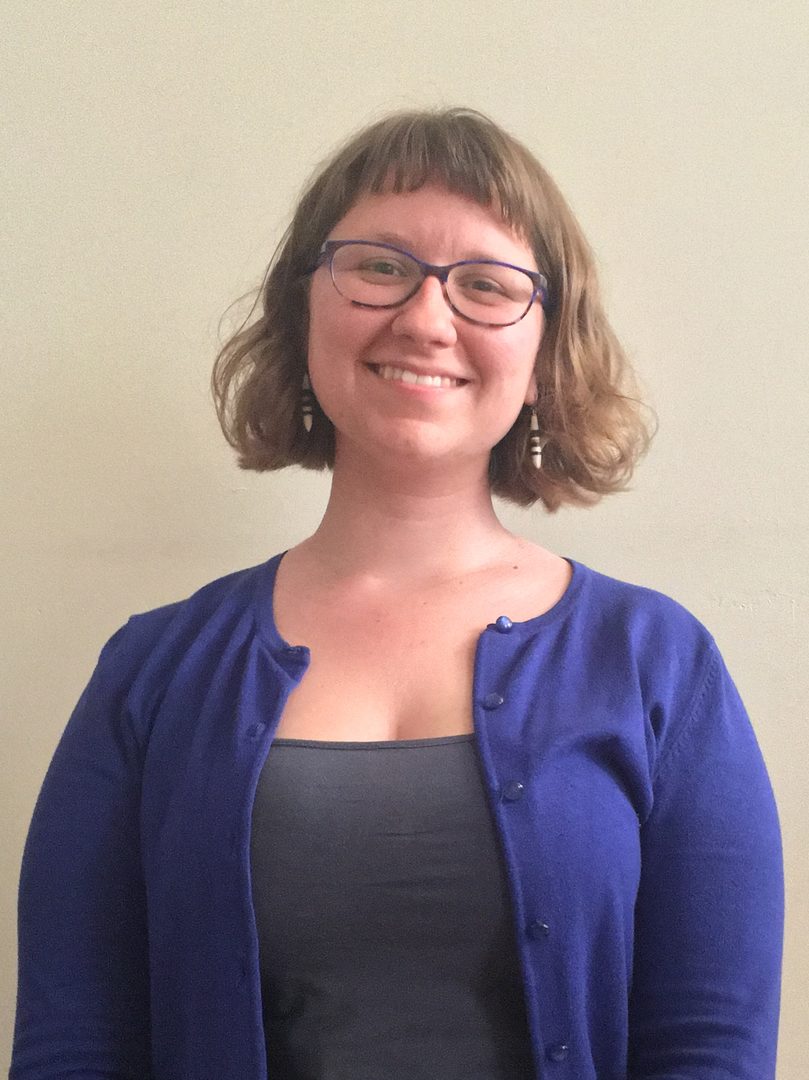
Vivek Sagar
PhD Student, Northwestern University
I am a PhD student in the interdepartmental neuroscience program at Northwestern University. I have a background in Physics and I am broadly interested in constructing theoretical models of human cognition. Under the supervision of Dr. Thorsten Kahnt, I am working on a model to explain how olfactory perception arises from olfactory reception based on fMRI data in humans. I am also interested in statistical physics of complex systems.
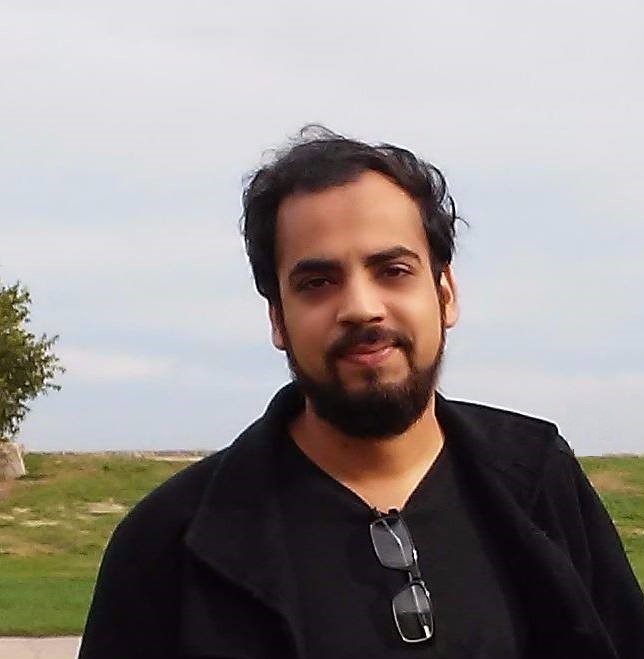
Alexander Schmidt
PhD Student, Georg-August University Göttingen, Max Planck Institute for Dynamics and Self-Organization
I'm a PhD student of Computational and Theoretical Neurosciences with a background in physics at the MPI in Göttingen, Germany, but for a cooperation I am currently for a year at Kyoto University.
Throughout my Bachelors and Masters studies, I explored Balanced State networks with 1. a theoretical model, looking into the occurence of "dark matter" - silent neurons in neural networks and 2. an extensive computational study on a proposed state space structure of neural dynamics, able to combine the perks of both, stability and chaos to form so-called flux tubes.
For my PhD I am currently looking into the dynamics and stability of receptive fields in both, the hippocampus and visual cortex, for which I am combining the results of an extensive empirical data analysis and a thereby driven set-up of a theoretical model. I'm pretty excited to meet all of you in Okinawa, soon!
Cornelius Schröder
PhD student, University of Tübingen, Institute for Ophthalmic Research
I am a second year PhD student at Philipp Berens' lab at the University of Tübingen, Germany.
Our group mainly focuses on understanding the visual system and neural circuits in the retina, including advanced methods of data analysis. I am interested in biophysical modeling, neural coding and different approaches to parameter optimization of these models. My background is in mathematics and I see my PhD as an opportunity to get to know different methods in computational neuroscience and machine learning. I am very excited to meet and work with you in Okinawa!
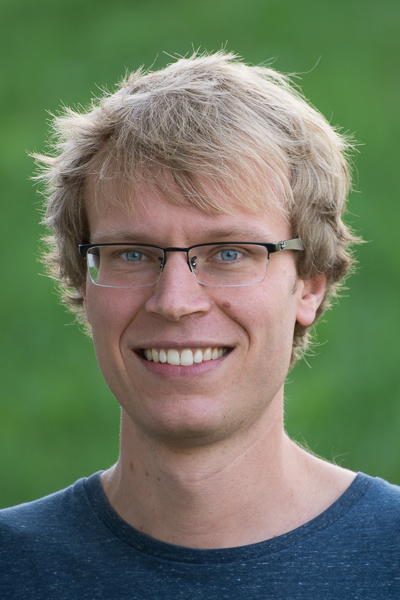
Jessica Stewart
Researcher, ATR Japan
Hey all, I am Jessie from New Zealand. I have been living in Japan for the past 6 years and am currently working as a researcher at ATR in Kyoto, Japan. I am in the Decoded Neural Feedback (DecNef) Lab headed by Dr. Mitsuo Kawato and Dr. Takeo Watanabe. At the moment I am working on several DecNef projects (using multivoxel fMRI). Some of these projects involve reducing fear/ anxiety and depression via neural feedback training. Another involves trying to dissociate Phenomenal-Consciousness from Access-Consciousness. For my PhD ( a few years ago now), using fMRI I examined how reward can influence perceptual decision-making and people's confidence related to these perceptual decisions. At OCNC I hope to follow up on this confidence work some more. Looking forward to meeting you all there!
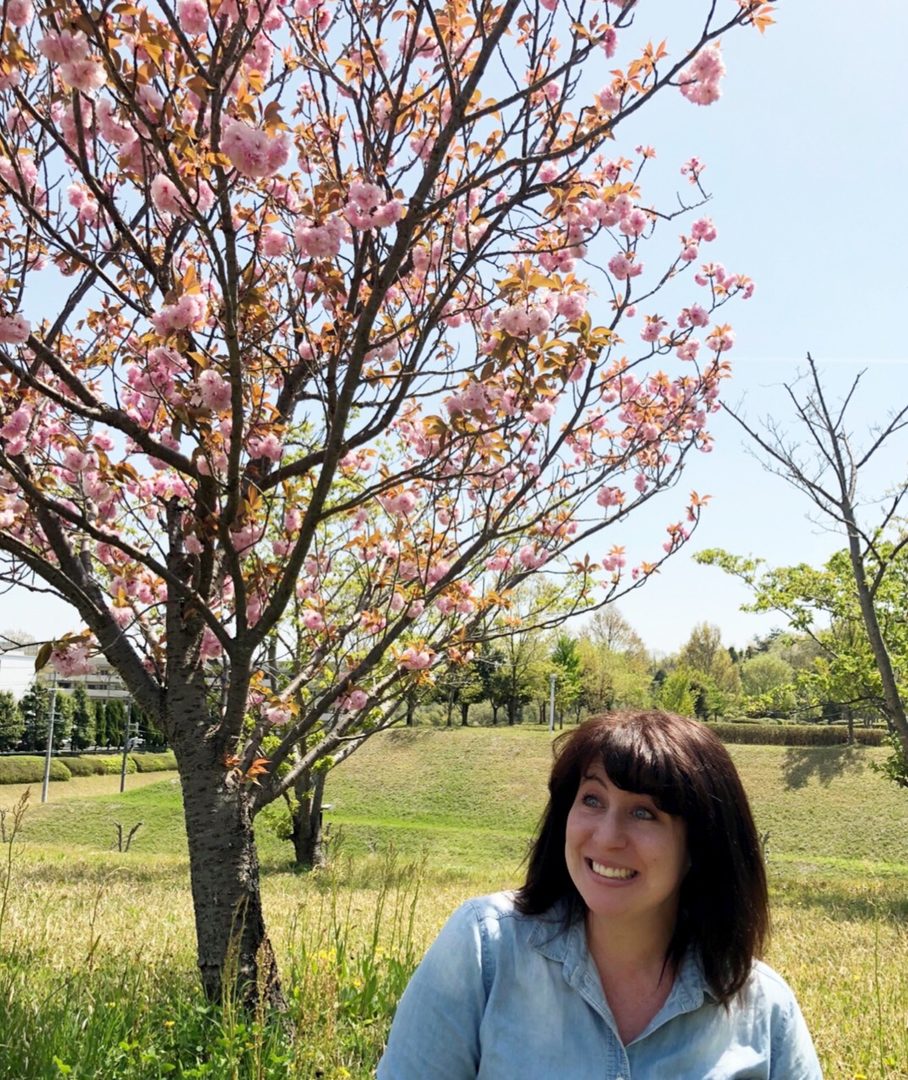
Olga Tiurikova
PhD student, University College London, Institute of Neurology
I am a PhD student at the UCL Institute of Neurology working in the Prof. Dmitri Rusakov lab. I am interested in exploring the sheer complexity of memory formation mechanism and human brain processing during pathology estates. At the moment I am investigating abnormal synaptic transmission in mice with the missense mutation which causes a severe migraine syndrome in humans. Looking forward to meet you all and discuss new ideas at the OCNC!
[Link]
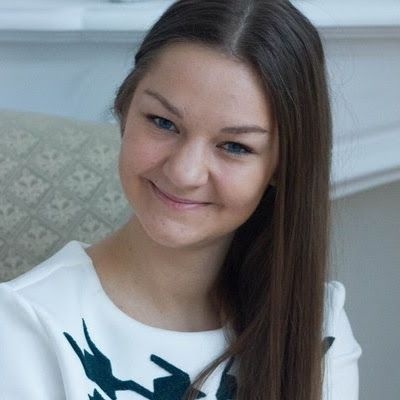
Ashley Tyrer
PhD Student, University of Bristol
I am a Neural Dynamics PhD student at the University of Bristol. My PhD project investigates predictions and prediction error in humans, in the context of memory; specifically looking at patients with dementia. The aim of my project is to better link the behavioural characteristics of this neurodegenerative illness to their neural circuit substrates, specifically to understand the role of neuromodulatory systems. I am using SPM12 and Matlab for EEG data analysis and generating Dynamic Causal Models.
At OCNC I aim to generate a connectionist model with biophysical single-cell units to investigate the underlying neuronal activity and potential pathological effects on network dynamics during a visual priming task.
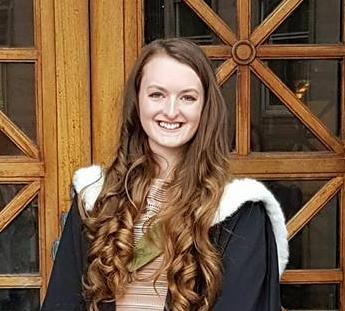
Nora Vrieler
PhD student, The Hebrew University of Jerusalem
Hi everyone! My name is Nora, I'm originally from the Netherlands, but been in Israel studying neuroscience for the past 4 years or so.
I'm currently working on structure-function relationships in the Inferior Olive, a small brain stem nucleus which, within the cerebellar system, plays an essential role in every move you make. I've been trained to do patch-clamp electrophysiology, but just learning to keep slices of brains alive in a dish and recording electrical potentials from neurons doesn't mean they will answer all your questions. And when there's models out there that can help fill in some of the gaps, why would I not want to learn how to put them to work?
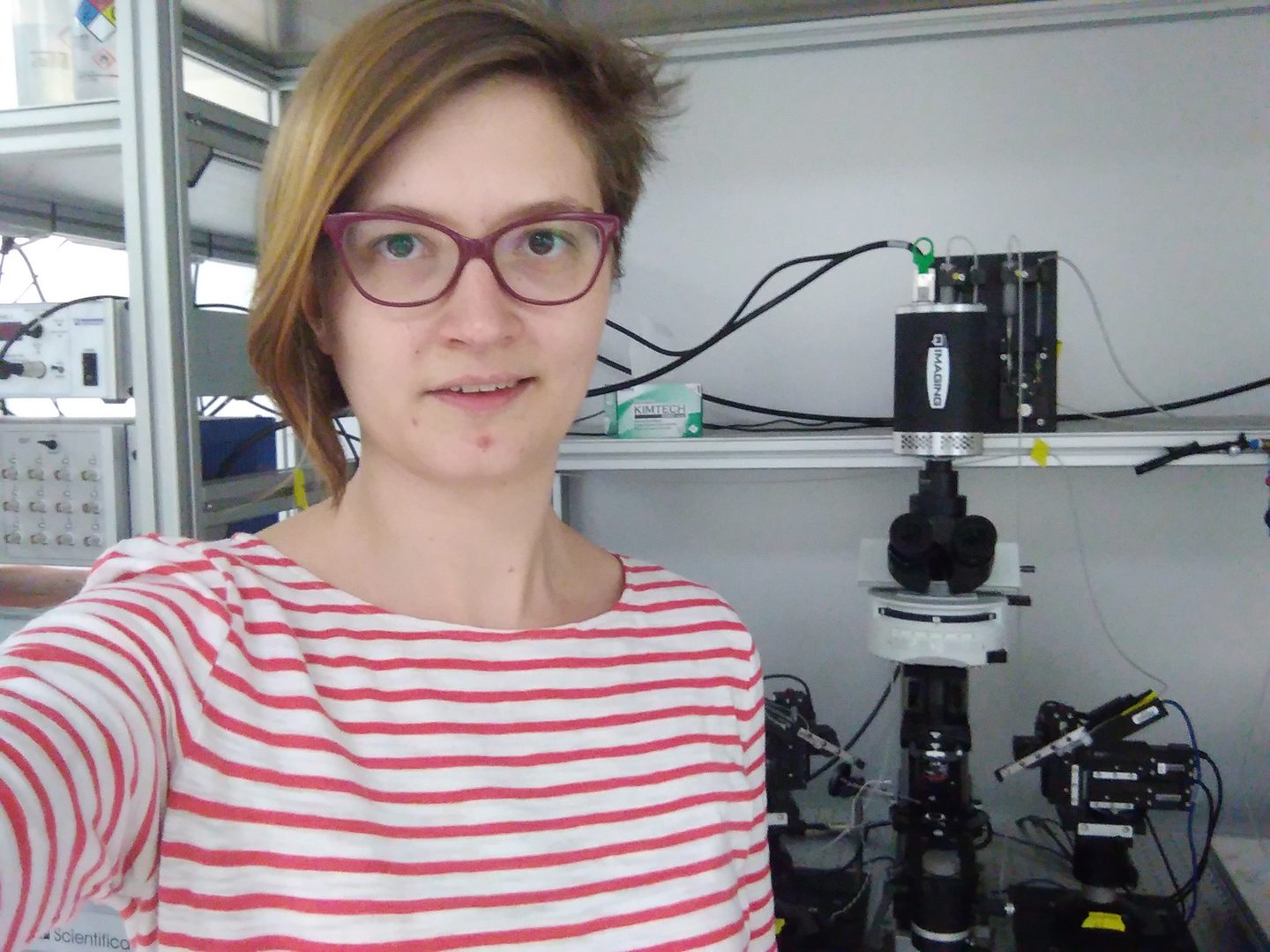
William Walker
Masters Student, Institute of Neuroinformatics, ETH Zurich and University of Zurich
I am finishing studies under Prof. Jean-Pascal Pfister at the Institute of Neuroinformatics at UZH and ETH Zurich. My interests are in perceptual decision making. I am currently studying single-trial dynamics of neurons in the lateral intraparietal cortex and frontal eye field in macaque during a visual motion discrimination task. In Okinawa, I want to learn to construct spiking neural networks that can perform the decision making task and reflect single-trial activity found in experimental data. I also want to get my toes in the sand.
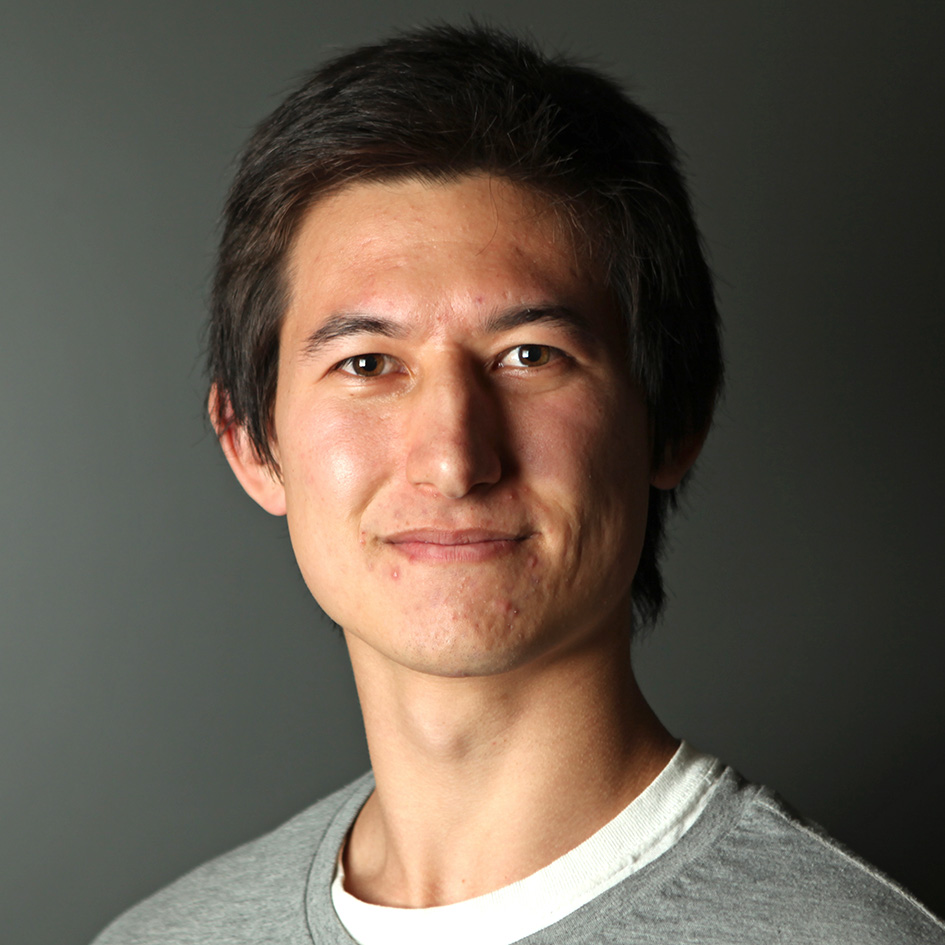
Cody J. Walters
Ph.D. candidate, University of Minnesota
I am a Ph.D. candidate in neuroscience at the University of Minnesota. My current research addresses how the neural algorithms that mediate decision-making and value representation relate to emotional processing. I use multi-tetrode arrays in freely behaving rodents to obtain neural recordings during decision-making tasks that involve risk.
